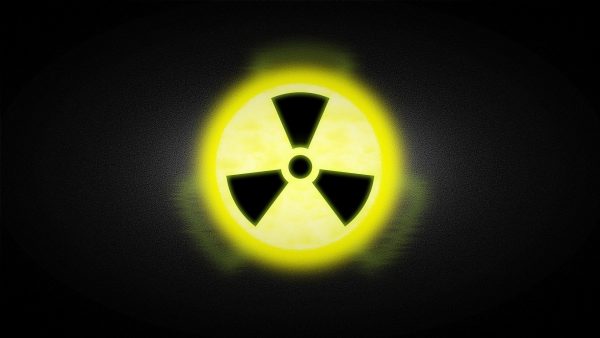Rep. Ladyman working to advance nuclear fuel rod recycling
by August 15, 2023 4:44 pm 959 views

The United States is facing a vexing problem and one legislator from Northeast Arkansas thinks a solution could be hatched in the Natural State. According to the Energy Information Administration, the country produced 276,000 spent nuclear fuel rods from 1968 through 2017.
These used fuel rods contain toxic radiation that is harmful to humans and the environment and disposing of them is difficult. One country, France, recycles these fuel rods to a degree and State Rep. Jack Ladyman, R-Jonesboro, told Talk Business & Politics he thinks the U.S. and more importantly Arkansas could pave the way in terms of creating that industry.
“If we could make this work … it would be a game changer for sure,” he said.
A nuclear fuel rod is a long, slender, zirconium metal tube containing pellets of fissionable material which provide fuel for nuclear reactors, according to the U.S. Nuclear Regulatory Commission. Fuel rods are assembled into bundles called fuel assemblies which are loaded individually into the reactor core.
When they are used or “spent” they still contain toxic levels of radiation. Currently, spent rods are encased in concrete and buried deep in the ground, where they could remain toxic for thousands of years, the commission reported.
Congress has allocated $51 billion to the U.S. Department of Energy towards recycling these rods, but no one has ever come up with an economically feasible way to do it, Ladyman said. One lab in Illinois, Argonne National Laboratory, has developed some technology that could be utilized, Ladyman said.
In the lab, they are able to process about 100 pounds of spent nuclear fuel each day, Ladyman said. The nuclear fuel is turned into weaker pellets that can be reused in new, nuclear power plants called Gen 4 plants.
Ladyman said the recycling centers would be built next to these Gen 4 plants. The modern plants could replace coal fire plants in the state. The combination of the new nuclear plants and the recycling facilities could be a boon to the state’s economy, he added.
During the last legislative session, Ladyman was able to get a bill passed with near unanimous support that would create a board that would then petition the DOE for some of those recycling funds. The process will be long and arduous, he said, but it’s a start.
Ladyman said he has traveled the country meeting stakeholders and attending conferences trying to develop the Arkansas Nuclear Recycling Plan. The University of Arkansas has already pledged to work on the plan as well, he said.
How long it could take to develop the plan, and then get DOE approval could be years in the making. But Ladyman thinks it’s worth a shot.
“That’s the vision. That’s what I could see happen. We would be the only state doing this,” he said.
